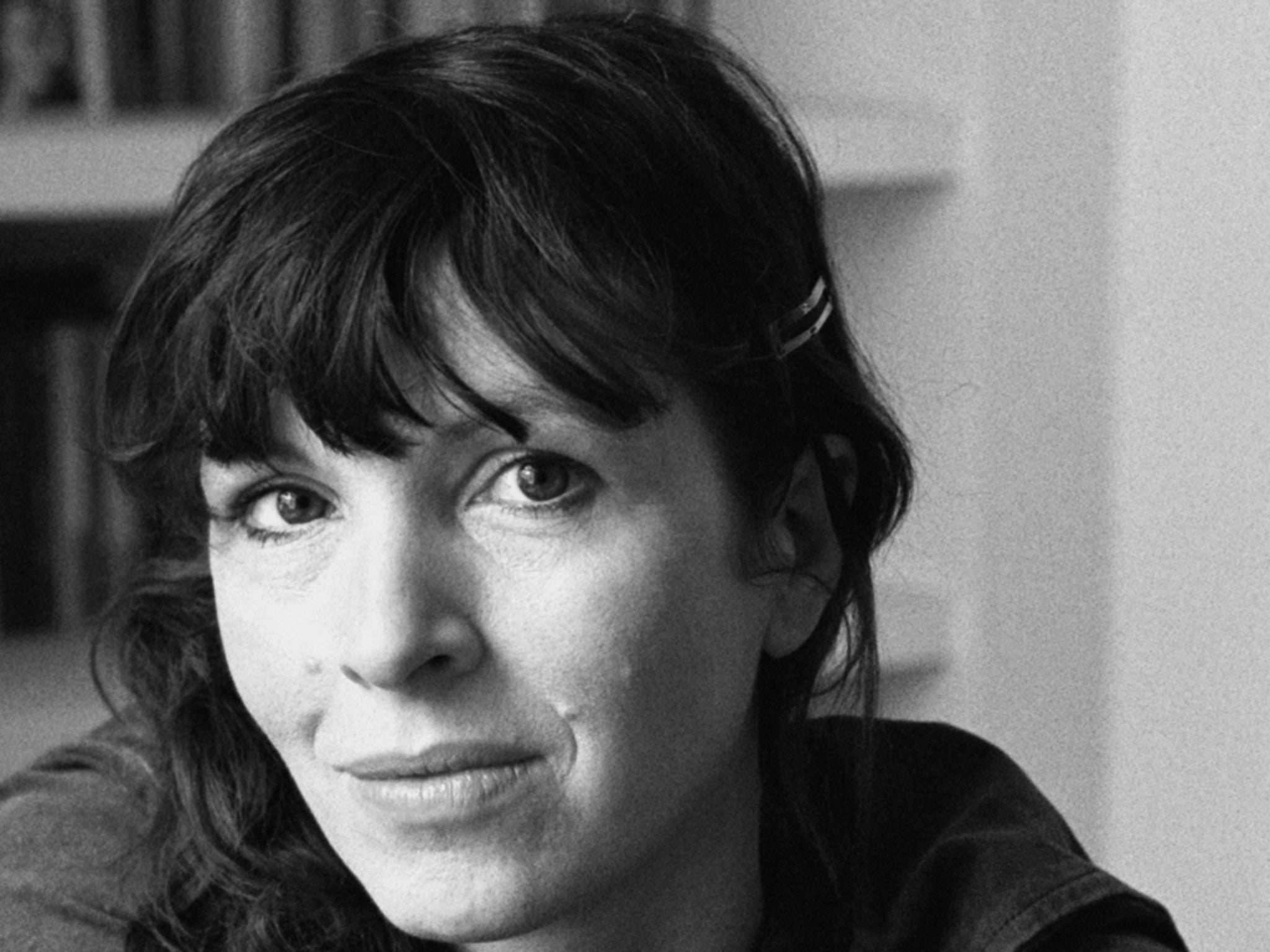Outline by Rachel Cusk, book review: When writers get to talking...
Cusk is so gifted at distilling the human condition into words that some of her observations have the profundity of those of the great philosophers

Much of Rachel Cusk’s output has explored marriage and motherhood, the balance between autonomy and compromise involved, the effects on the creative process, and the repercussions of divorce.
Her characters in this novel muse on these subjects with the same honesty and eloquence as Cusk in her non-fiction work.
The narrator, Faye, is travelling to Athens to teach on a writing course. During her journey she questions the stranger seated next to her and listens as he talks about his marriages. Cusk’s extraordinary perceptiveness is in full evidence in Faye’s interpretation of his revelations. He longs wistfully for his first marriage even though he knows it would fail again. Faye herself also feels marooned and lost after her divorce. Faye meets up with this “neighbour” again in Athens and notes that such “true” stories are often subjective and distorted.
Faye listens to a number of other people talking while in Athens. With minimal prompting, most pour out intimate revelations. One talks about how a writer’s work is inextricably linked to the tensions in life. A friend raises the subject of reality versus illusion, as he confesses how he imagined that Faye was in an idyllic marriage. This theme recurs: the misleading picture painted by the “neighbour” of his exes; the assumptions people make about others; the illusions they have about partners; the transient closeness of Faye’s sons, based on an imaginative world; the love a man felt for his wife despite their tempestuous marriage; a character nursing the fantasy of potential romance. A friend tells Faye how she shatters the facade of perfect romance through confrontation, extricating true self from mirage, thereby dooming relationships. A writer suggests that true self becomes an illusion after marriage, as identity is changed by another. Faye reflects that the belief that there is a better life outside a marriage may be a fiction.
There is also much about motherhood, sometimes disguised as talk about pets: they “prove that we are real; through them we access the story of ourselves”.
This sounds intense, but it’s utterly compelling, as Cusk’s characters articulate emotions most readers will have felt if not analysed. Cusk is so gifted at distilling the human condition into words that some of her observations have the profundity of those of the great philosophers.
There are laughs and thrills too. An unwanted advance on Faye is first funny and then threatening: Cusk has never attenuated her sharp, brutal observations for the sake of being kind. My only tiny cavil is that most people are not as emotionally open as Cusk’s characters. But this is a wonderfully written novel shimmering with insights.
Subscribe to Independent Premium to bookmark this article
Want to bookmark your favourite articles and stories to read or reference later? Start your Independent Premium subscription today.

Join our commenting forum
Join thought-provoking conversations, follow other Independent readers and see their replies